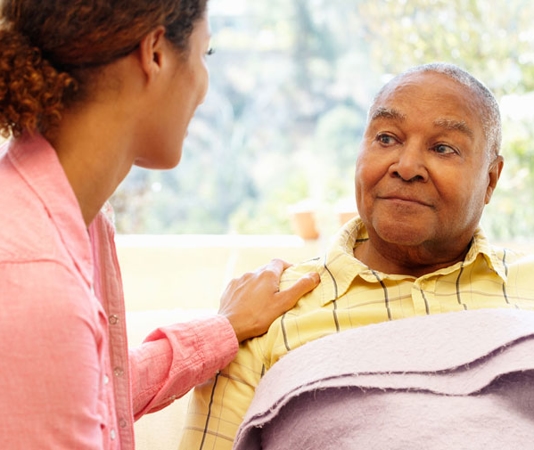Family, friendship, and mental health are closely linked. Spending time with the people we care about gives us the immediate joy of connection but there are lasting benefits, too.
Research consistently shows that individuals with strong social connections live longer, happier lives.
How Being Socially Connected Makes Us Happy
Western culture emphasizes romantic love, often at the expense of family and stable, healthy friendships. Spending time with family and making and keeping friends isn’t always easy, but science shows how important it is. People with strong social networks live happier lives, have lower instances of depression, and are significantly less likely to die from heart disease or most other chronic conditions.
The health benefits of friendships are well-documented, but turning principles into practice can be difficult.
The Power of Togetherness
Remember that every bit of energy you put into connecting is doubled; you benefit, but so does your friend or loved one! Here are some ways to prioritize togetherness and build healthy habits in your social life:
Make time. It's easy to get caught up in daily tasks and busy routines. We have a tendency to fill schedules, which makes flexibility to accommodate others incredibly challenging. Set aside time each week for a social activity, even if you don't have concrete plans.
Be casual. Keeping up relationships is about little moments more than big plans. Go for a quick walk, meet for an appetizer and a drink, run some errands together, or do something meaningful for both of you. When you cannot be in the same place, send a card just to say hi or make someone smile. Call friends to share a silly story or find a way to connect online through a shared game or similar activity.
Move past the shame of loneliness. In his book, "Together: The Healing Power of Human Connection in a Sometimes Lonely World," author Vivek H. Murthy, MD, and former U.S. Surgeon General, looks at how people feel ashamed of their loneliness. "I think part of the reason is that saying you're lonely feels like saying you're not likable, you're not lovable – that somehow you're socially deficient in some way," says Dr. Murthy. This feeling is part of an instinctual survival skill and perfectly natural, he explains, pointing out that this feeling can have negative physical consequences in the long term. Instead, he says to recognize loneliness as the body signaling a biological need, just like hunger or thirst.
Age doesn't matter. Experts agree that connection and togetherness are important at every age, and people of different ages can have essential relationships. People can make new friends throughout life by sharing a hobby, activity, or history. Friendships can develop across age gaps through a caregiving connection, work environment, or engaging in shared interests with others. Not sure where to start? Look for volunteer opportunities in your community to support a cause you care about and meet like-minded people with shared interests.
You go first. Don't wait for the phone to ring. If that feeling of loneliness is nagging at you, be the one to take the initiative by either getting in touch with friends or making new ones by joining an in-person or online club or group. There are book clubs, caregiver support groups, knitting circles, and countless organizations to join.
The Loneliness Epidemic
Despite group chats and FaceTime, Americans are getting lonelier. Since 1990, the percentage of U.S. adults without close friends increased from 3% to 12%. The introduction of smartphones appears to have accelerated the epidemic of loneliness rather than offered more ways to connect.
Social isolation is a challenging topic for most adults, but it's worth discussing, especially with older adults. Your call or friendly visit can make all the difference.
Togetherness and Companionship
Every day is a chance to forge new friendships and strengthen existing relationships. At Homewatch CareGivers, we benefit from the close emotional ties, too. Our trained, professional caregivers know what it means to brighten someone's day and have that positive energy returned. Schedule a consultation or call 888-404-5191 today.




.1803151925550.jpg)
